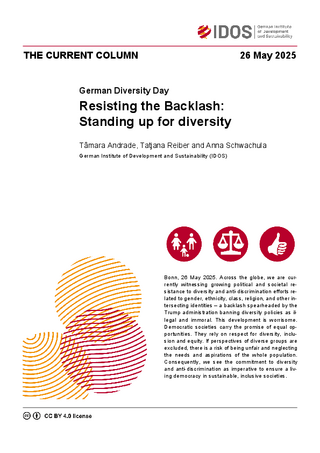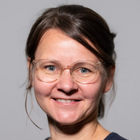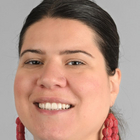German Diversity Day
Resisting the Backlash: Standing up for diversity
Andrade, Tâmara / Tatjana Reiber / Anna SchwachulaThe Current Column (2025)
Bonn: German Institute of Development and Sustainability (IDOS), The Current Column of 26 May 2025
Bonn, 26 May 2025. Across the globe, we are currently witnessing growing political and societal resistance to diversity and anti-discrimination efforts related to gender, ethnicity, class, religion, and other intersecting identities – a backlash spearheaded by the Trump administration banning diversity policies as illegal and immoral. This development is worrisome. Democratic societies carry the promise of equal opportunities. They rely on respect for diversity, inclusion and equity. If perspectives of diverse groups are excluded, there is a risk of being unfair and neglecting the needs and aspirations of the whole population. Consequently, we see the commitment to diversity and anti-discrimination as imperative to ensure a living democracy in sustainable, inclusive societies.
Anti-discrimination measures allegedly increase societal injustice by favoring identity over merit. They are discredited as woke, elitist and leftist ideology, particularly by the extreme-right. By scandalising diversity and anti-discrimination, the twisted narrative contributes to societal polarisation and exclusion.
Facing pressure, universities, public institutions and private companies in the US and beyond are suspending inclusive measures such as diversity quotas or anti-discrimination trainings. Similarly, also in Germany, we see polarising debates about gender-related quota or gender-sensitive language.
We propose defending the diversity agenda on three levels: First, it is essential to counter false narratives in public discourse as they shape public opinion and political decisions. Second, diversity and anti-discrimination should be institutionally engrained to increase resilience. Third, diversity and anti-discrimination should be part of trainings for leadership, to foster structural changes accordingly.
Shaping the public discourse
Challenging false narratives around diversity requires a collective effort. Experts must engage in public discourse – through media, speeches, and debates – to clarify its benefits. At the same time, institutions across sectors have a role by sharing concrete experiences and outcomes. By making these efforts visible, we can understand diversity not as a divisive ideology, but as a shared commitment to justice, personal freedom, accessibility, and social resilience.
Whilst being firm in defending the cause, it is important not to dismiss those who are critical of diversity efforts. Common understandings, values and norms emerge through constructive tension. Creating a healthy public discourse depends on many actors. For media, constructive journalism with its focus on solutions and common ground, is a way forward. The German government should defend diversity and anti-discrimination against attacks from all sides. This includes engaging in debates around diversity efforts in a constructive and evidence-based manner.
Embedding diversity in institutional structures
The recent backlash demonstrates that diversity and anti-discrimination efforts are vulnerable to political and social pressure. In every sector, building resilient institutional structures starts with the awareness of why diversity matters to an organisation's mission and identity. It needs leaders to drive this process, to align policies and funding and promote a culture of reflection, participation, and shared responsibility. Examples like Harvard University and Transport for London show that organisations can protect diversity when it is a deeply embedded core value.
Leadership development promotes individual action
Leadership is essential for long-term change. People in leadership positions are role models and decision-makers: they set the tone and impact institutional cultures. They have the power to enable (or block) structural changes.
Leadership programmes should therefore include diversity and anti-discrimination content in their curricula. By doing so, they can raise awareness, correct misconceptions, create empathy and develop diversity competences. At IDOS, we run three programmes to shape the next generation of leaders. By bringing together individuals from various nationalities and backgrounds, the academies create experiences of diversity and spaces for learning. They thereby strengthen competences in dialogue and inclusive leadership. Participants practice advancing diversity, starting from a mindset that welcomes disagreements to facilitation skills that allow for the inclusion of plural voices.
Taking action
These times may feel overwhelming. How can individuals and institutions move forward? In difficult moments, a renewed commitment becomes most necessary. Public discourse, institutional structures as well as individual actions are key to upholde democratic principles and to encourage diversity. On 27 May is German Diversity Day: Showing public support is important. But let’s move beyond raising flags on celebration days and focus on strengthening the structures and practices that support diversity and prevent discrimination through long-term commitment.




